Poverty, rape, bullying, domestic violence; these are behind self-inflicted injuries. I have heard of them but never felt them around myself for real. For better or worse, the “culture of shame” inherent in Japan has prevented them from being revealed.
A little after midnight, my cell phone rang as usual. “I did it again… But I’m okay…”
Sayuri’s voice coming from the phone didn’t sound okay at all. “You know, I was raped… I don’t feel like I’m worthy of anything since then.
Lots of people told me, over and over, that I should love myself, but I don’t know how to love someone so dirty like me.”
Her quiet voice changed into a sob. After a while, she spoke again. “Sorry, I’m okay… I’ll go to work tomorrow.”
Poverty, rape, bullying, domestic violence; these are behind self-inflicted injuries. I have heard of them but never felt them around myself for real. For better or worse, the “culture of shame” inherent in Japan has prevented them from being revealed. Poverty exists in a suburb of Tokyo, just an hour away from my hometown, and there is a life that yakuza-related debt collectors barge into everyday. Rapes have occurred even in the college I graduated from.
Deep emotional wounds have taken away self-esteem from the girls I met. Since they are unable to do a stroke of work due to depression and panic attack disorders, they cannot appreciate their own value and come to believe that they are worthless. It has resulted in their self-injurious behavior. By harming the “worthless-self” (or one who cannot believe in her worthiness), they try to reaffirm their own existence. But when they see the scars, they despise themselves for “doing what they shouldn’t do.” It’s a vicious circle. The lives of such girls are full of pain and suffering.
They don’t think of justifying their acts. However, their existence implies one of the dark aspects of today’s Japanese society.
“What does it mean by loving oneself? I wish somebody would tell me…” …said Sayuri, before she hung up the phone.
Photographs & Text: Kosuke Okahara | Website: www.kosukeokahara.com
Share

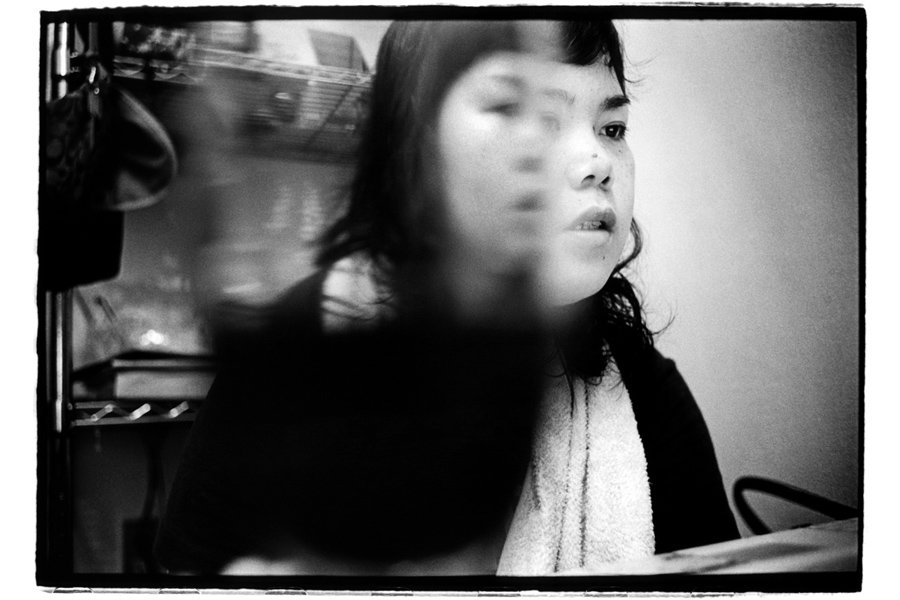

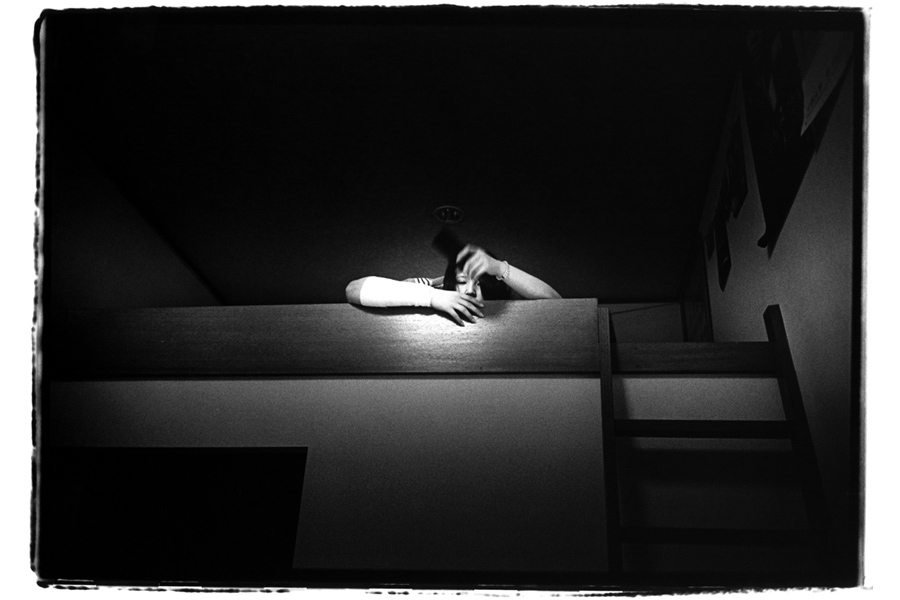

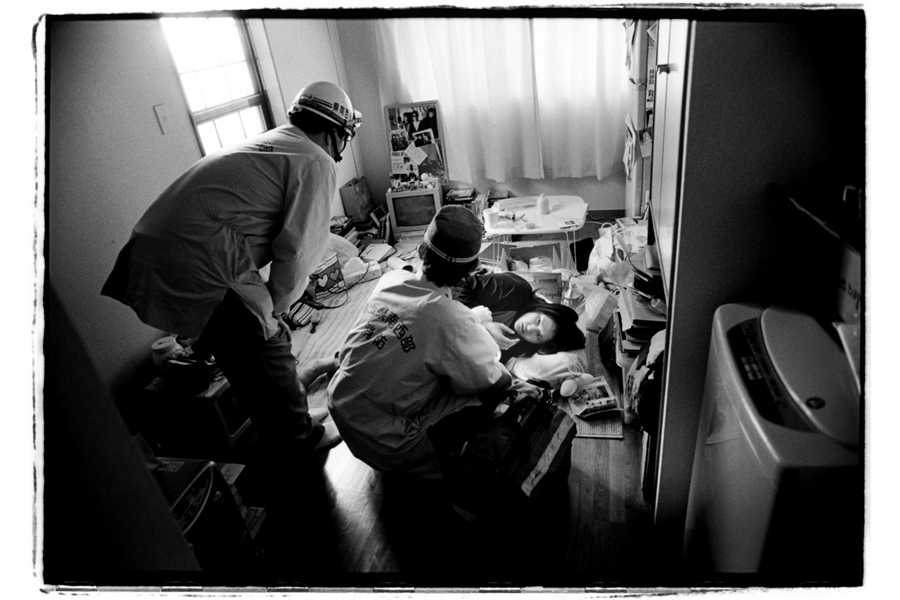

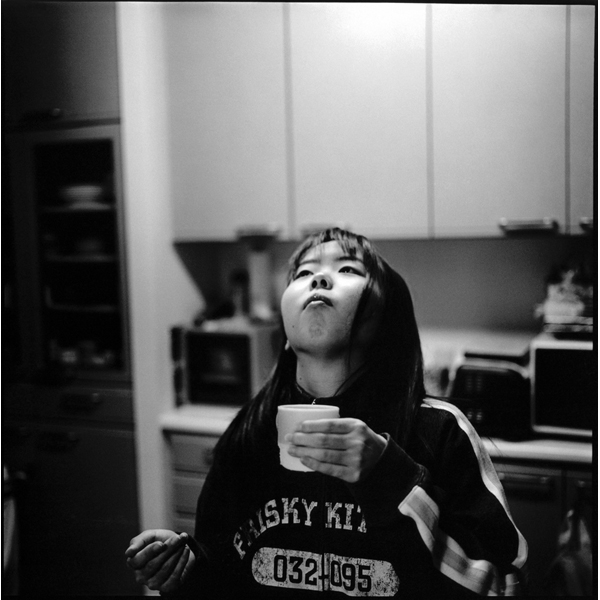
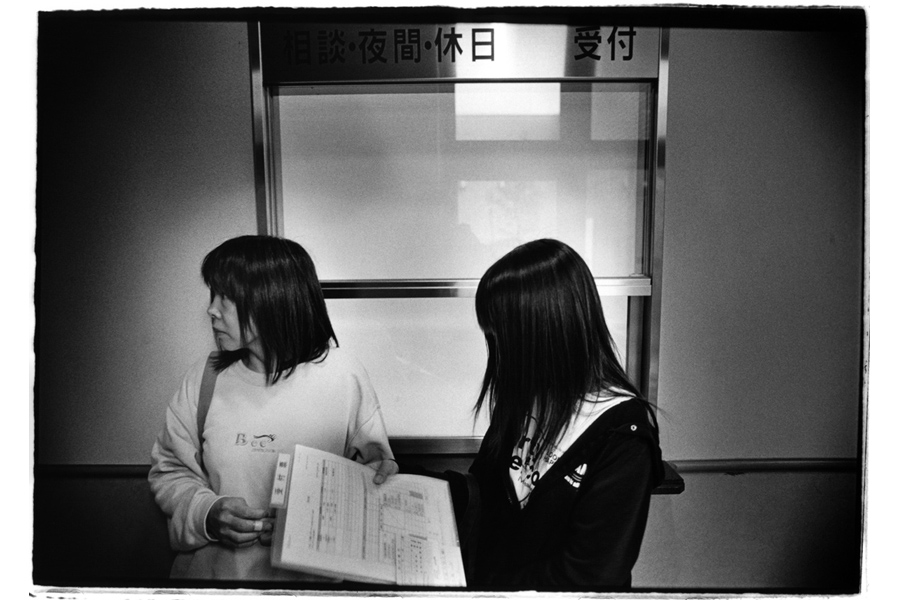
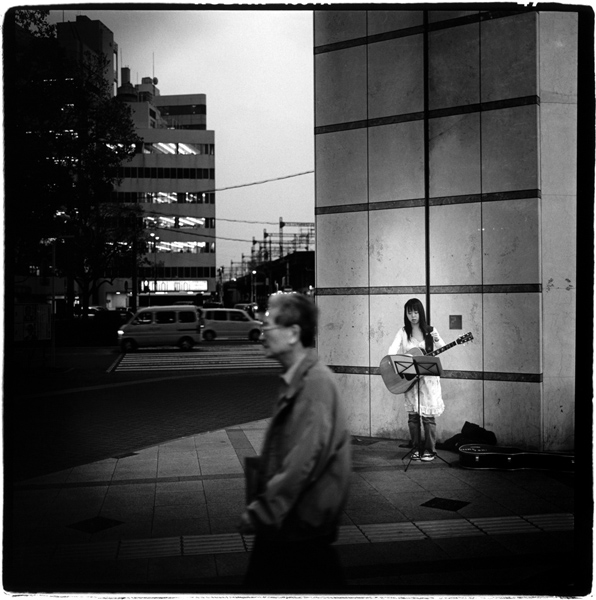


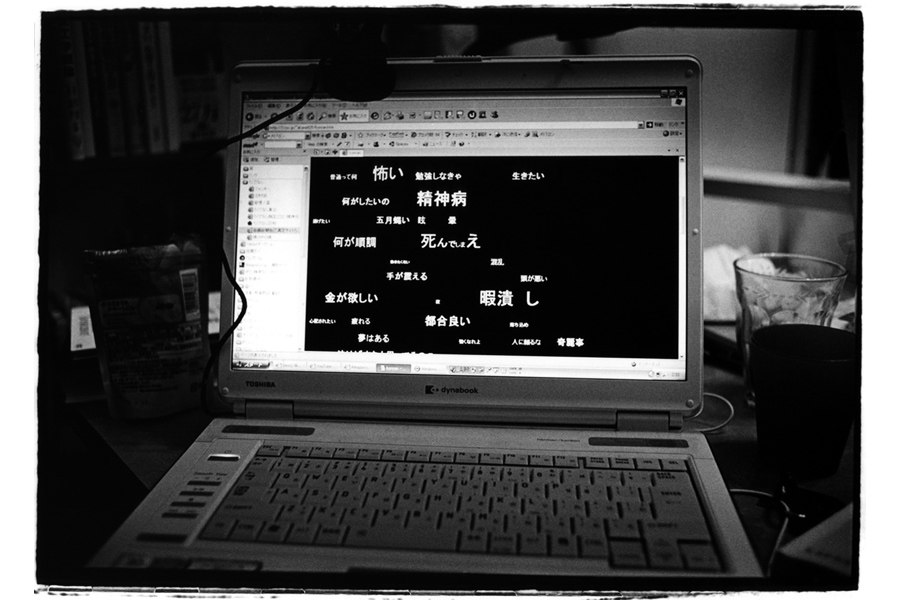
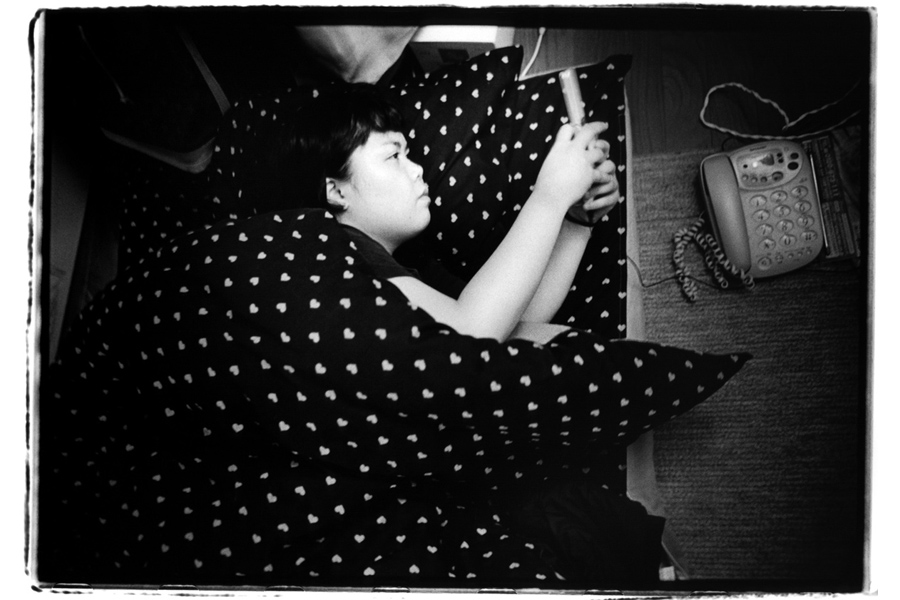
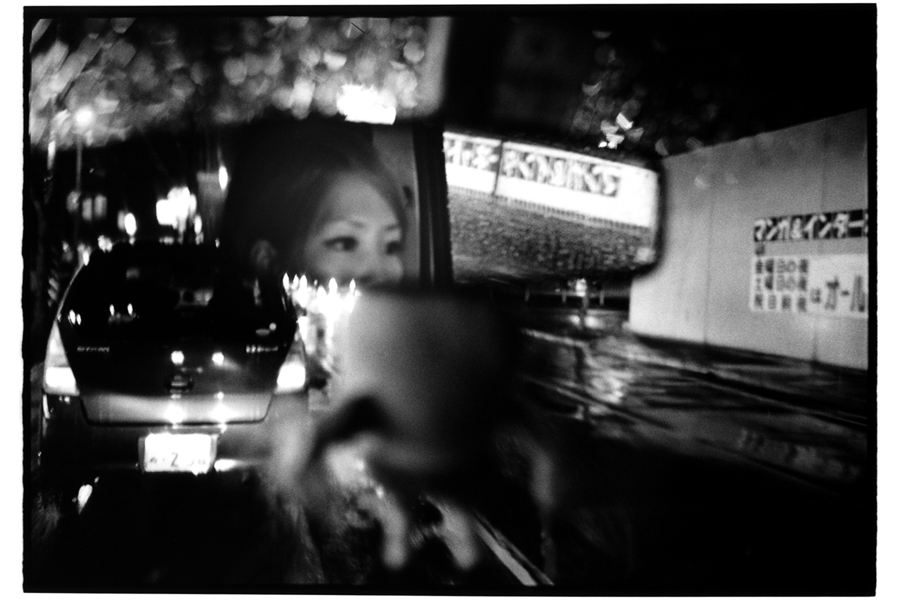
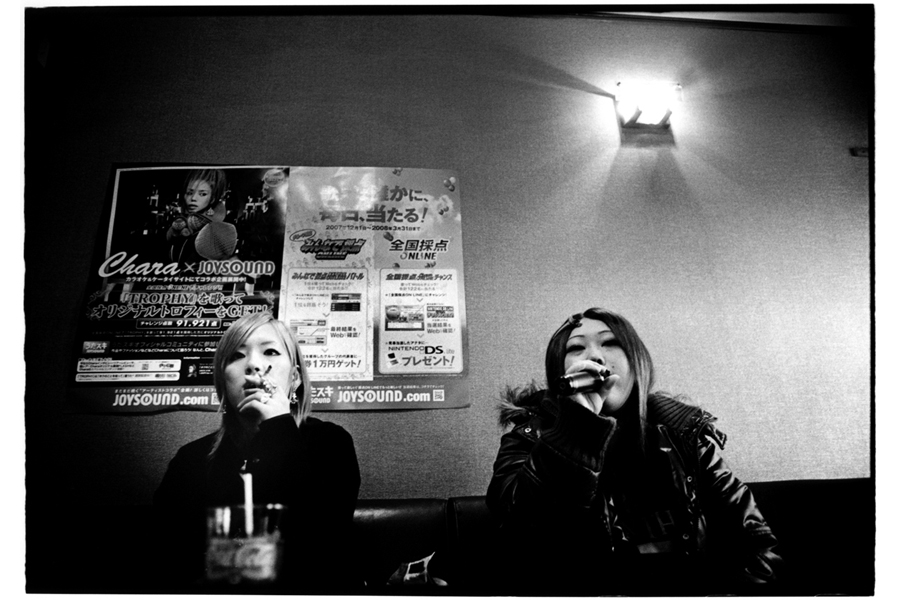
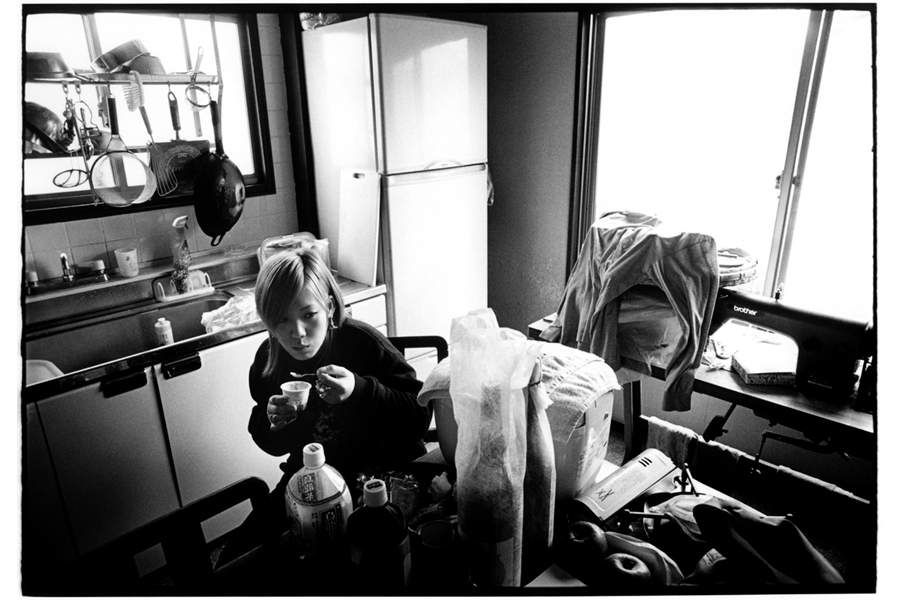
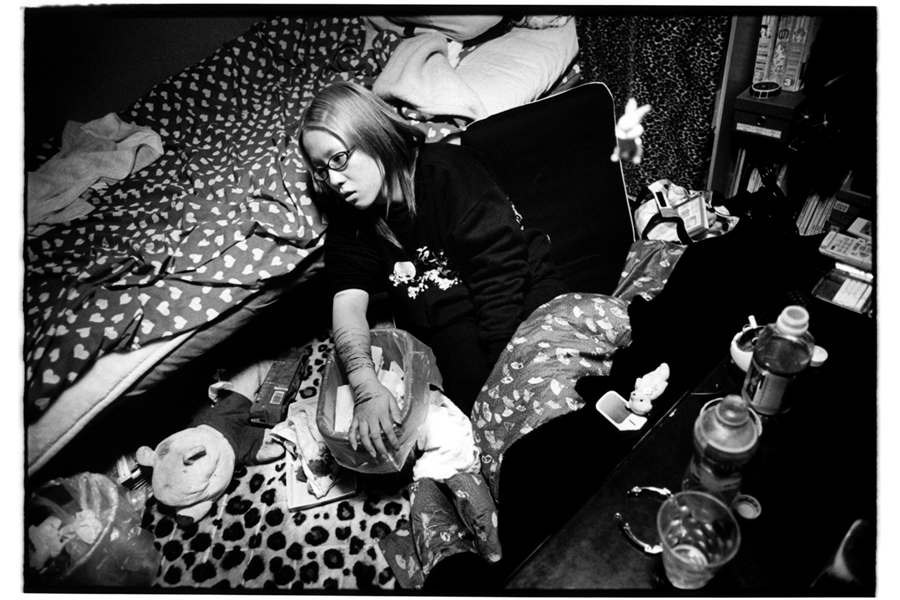
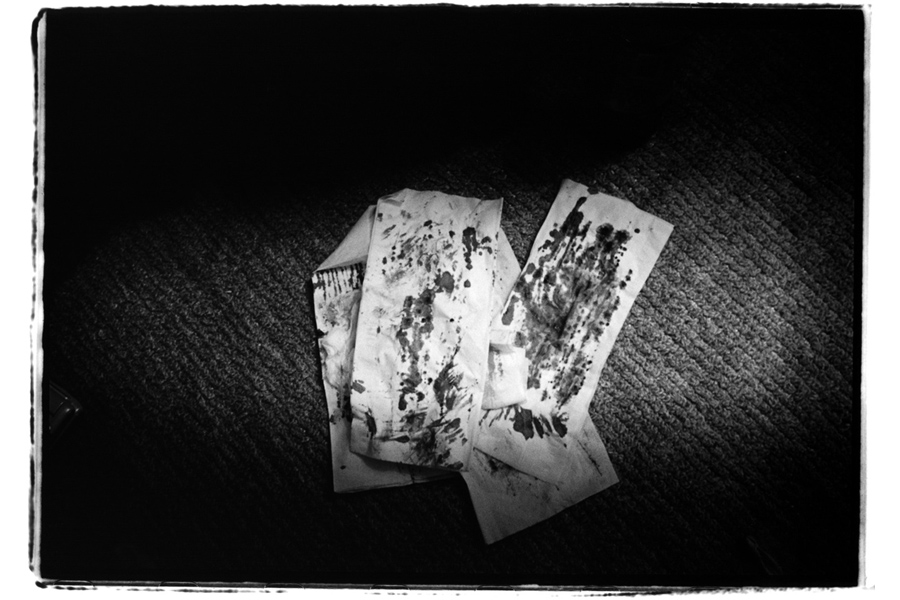
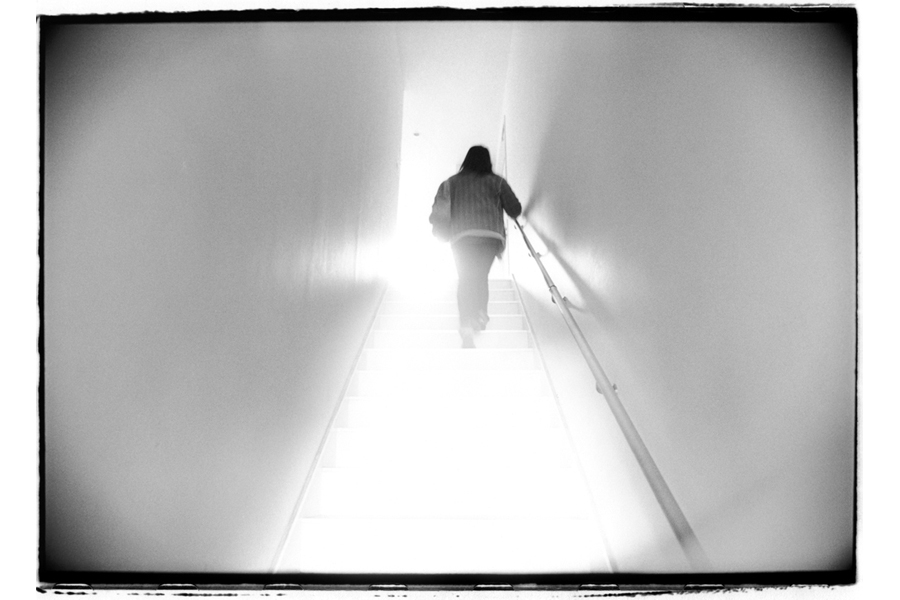
Comments 17
Pingback: APWS Spotlight on Invisible Photographer Asia - Angkor Photo Festival & Workshops
Pingback: APWS Spotlight on Invisible Photographer Asia - Angkor Photo Draft
RT @junshenc: One of the most profound photo docus I've ever come across RT @InvisPhotogAsia: Photo Essay: Ibasyo http://t.co/VvIAAZkP
RT @InvisPhotogAsia: Photo Essay: Ibasyo – self-injury/proof of existence, by Kosuke Okahara http://t.co/rImU5Idt
RT @junshenc: One of the most profound photo docus I've ever come across RT @InvisPhotogAsia: Photo Essay: Ibasyo http://t.co/VvIAAZkP
RT @junshenc: One of the most profound photo docus I've ever come across RT @InvisPhotogAsia: Photo Essay: Ibasyo http://t.co/VvIAAZkP
RT @junshenc: One of the most profound photo docus I've ever come across RT @InvisPhotogAsia: Photo Essay: Ibasyo http://t.co/VvIAAZkP
One of the most profound photo docus I've ever come across RT @InvisPhotogAsia: Photo Essay: Ibasyo, by Kosuke Okahara http://t.co/72qc1znY
Pingback: Invisible Photographer Asia « Angkor Photo Workshops
Amazing documentary images, full of messages!
RT @InvisPhotogAsia: Incase you missed it, Photo Essay: Ibasyo, by Kosuke Okahara http://fb.me/Sq5Orl1S
Incase you missed it, Photo Essay: Ibasyo, by Kosuke Okahara http://fb.me/Sq5Orl1S
Beautiful, emotive photos that aptly describes a very sad situation. Love your photos and the story it tells so eloquently. Well done.
RT @InvisPhotogAsia: Youth & the culture of shame & self-injury in suburban Japan. Photo essay by Kosuke Okahara. http://fb.me/PM4YwI1y
A vicious circle indeed.
RT @InvisPhotogAsia: Photo Essay: Ibasyo – self-injury/proof of existence, by Kosuke Okahara http://bit.ly/dOy3xm
Dark but powerful essay. I suspect there are a lot more stories like these in Japan and other countries that don’t get heard or seen often.